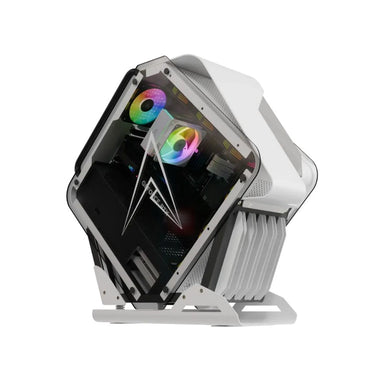
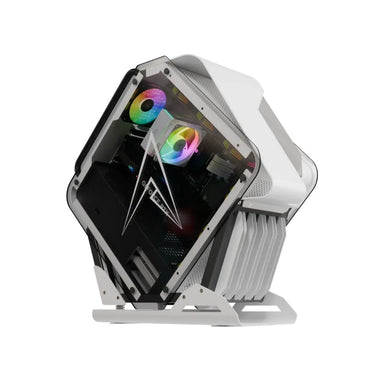 Save $509.00
Save $509.00
Allied M.O.A.B AMD Ryzen 7 7700 RTX 5080 16GB Gaming PC
Load up, lock on and light 'em up with the Allied Gaming M.O.A.B AMD PC Get ready to dominate the gaming and simulation worlds with the Allied ...
View full detailsUnlock a universe where every detail is crystal clear, every sound is impeccably sharp, and every move is ultra-responsive.
Welcome to the world of gaming PCs, where power meets precision to deliver an ultimate gaming experience.
Whether you're battling aliens, racing supercars, or solving intricate puzzles, a top-tier gaming PC transforms your virtual adventures into breathtakingly immersive experiences.
Think lightning-fast load times, jaw-dropping graphics, and seamless gameplay that keeps you glued to the edge of your seat.
With the right gaming PC, you're stepping into a realm where every texture is vivid, every shadow is nuanced, and every scene comes alive with stunning realism.
At Gamer Gear Direct we understand that true gamers crave perfection, which is why our collection is curated to feature only the best gaming PCs

Read More ...
Ready to conquer Minecraft realms or dominate in Call of Duty?
Whatever your gaming passion, we've got the perfect gaming PC for you. Our collection is designed to match your budget and taste, ensuring you get the value for money without sacrificing quality or performance.
Imagine a gaming PC that not only keeps up with your skills but also enhances every pixel, every explosion, and every strategic move.
From casual PC gaming to hardcore battles, our PCs are built to deliver an unmatched experience.
Whether you're building worlds in Minecraft or outsmarting opponents in Call of Duty, our gaming PCs offer the versatility and power you need to stay ahead of the game.
At Gamer Gear Direct, we understand gamers, and that's why we provide PCs that are as flexible and dynamic as the games you love.

Ready to unlock the secrets of a top-tier gaming experience?
It's all about the heart and soul of your gaming PC: the key components. These aren't just parts, they're the superstars that drive every mission, battle, and race to its peak excitement!
CPU: Think of it as the brain of your PC, orchestrating every move with precision. Whether you're strategizing your next move or reacting in a split-second, a robust CPU ensures you're always ahead of the game.
GPU: This is where the magic happens, transforming ordinary visuals into stunning, lifelike experiences. Imagine every detail in vivid clarity, every texture so real you could touch it - that's the power of a top-notch GPU.
RAM: RAM is your gaming PC's short-term memory, where the action happens. More RAM means smoother gameplay, faster load times, and the ability to juggle more tasks without breaking a sweat. And let's not forget storage - your gaming library's home. Speedy SSDs mean lightning-fast boot times and instant game loads, so you're always first in the action.
Motherboard: Your motherboard is the backbone of your gaming PC, and the power supply, the silent guardian ensuring everything runs smoothly. And because even the best need to stay cool, a top-notch cooling system keeps your PC at the perfect temperature, ensuring peak performance without the heat.

Ever dream of a gaming PC that grows with you, adapting to the next-gen games and technologies without breaking a sweat? Say hello to the future-proof gaming PCs at Gamer Gear Direct, where longevity meets cutting-edge performance.
Think about it: a gaming rig that not only tackles today's titles at top speeds but is also ready to embrace tomorrow's innovations.
That's the beauty of upgradeability. With our custom-built gaming PCs, you're not stuck with yesterday's tech. Want to boost your RAM, swap out your GPU, or upgrade to the latest storage tech? You're in control, ensuring your machine stays at the forefront of gaming excellence.
Our PCs are designed with the future in mind, featuring motherboards that welcome new generations of components and power supplies ready to support the next wave of tech advancements.

Got the gaming PC of your dreams? Great! But the fun doesn't stop there. Amp up your gaming sessions with the ultimate peripherals that transform good into phenomenal. At Gamer Gear Direct, we've got all the extras you need to create a gaming setup that's not just powerful but also incredibly immersive.
Picture this: a FHD gaming monitor that doesn't just display your games but brings them to life with breathtaking clarity and colours.
Add a gaming keyboard that responds to your lightest touch and a gaming mouse that follows your every move with pinpoint precision. And don't forget a headset that wraps you in crisp, clear sound, making every victory sweeter and every defeat a learning curve.
But why settle for any peripherals for your gaming desktop when you can choose ones that truly complement your gaming style? That's why we offer a vast selection of top-quality gaming monitors, keyboards, mice, and headsets, ensuring you find the gear that feels like it was made just for you.
Transform your prebuilt gaming PCs into full-fledged battle stations with peripherals that level up your play. Whether you're a casual gamer or a competitive player, the right accessories can make all the difference.

Navigating the sweet spot between budget and beastly performance for your gaming PC can feel like a quest of its own. But fear not!
At Gamer Gear Direct, we turn that quest into an epic victory, guiding you to a gaming PC that delivers on performance without plundering your wallet.
Imagine a gaming rig where every component is optimised for the best value-to-performance ratio.
We're talking about PCs that punch way above their weight, delivering eye-popping graphics and seamless gameplay without the eye-watering price tag.
Whether you're into indie gems or AAA blockbusters, we help you identify where to channel your funds for maximum gaming joy.
It's all about smart choices. Invest in a robust GPU for those stunning visuals, opt for a solid CPU that keeps up with your gaming pace, and choose RAM that gives you the agility you need.
With our expertise, you'll know where you can be economical without compromising on those critical moments in-game. And the best part? You'll still have room in your budget for those game titles you've been eyeing.

A gaming PC is equipped with high-performance components such as powerful graphics cards (GPUs), faster processors (CPUs), and more RAM to handle demanding video games. These components ensure smooth, high-quality gaming experiences that regular PCs, which are often designed for less intensive tasks, might not provide.
The budget for a good new gaming PC can vary widely depending on your gaming needs and preferences. Typically, you can expect to spend anywhere from $700 to $2,000 or more. Entry-level gaming computers are on the lower end, while high-end machines with top-tier components will be more expensive.
Yes, one of the benefits of custom gaming PCs is their upgradeability. You can upgrade components like the GPU, CPU, RAM, and storage as newer technologies become available or as your budget allows.
While all components are important, the graphics card (GPU) is often considered the most crucial for gaming. It directly impacts the visual quality and performance of your most demanding games. RTX 4070 Super and RTX 4070 Ti Super are popular options. However, balancing all components is key to building the best gaming desktop in every budget.
Building your own gaming PC can be more cost-effective and allows for customisation. However, buying a pre-built PC is convenient and ensures that all components are compatible and come with a warranty. The choice depends on your comfort level with assembling hardware and your specific needs.
A VR-ready gaming PC needs to have a powerful GPU, sufficient RAM, and a strong CPU. The specifications for VR readiness vary by the VR system, so it's essential to check the requirements of the VR gear you plan to use.
Look for a monitor with a fast refresh rate (at least 60Hz, though 144Hz or higher is ideal for gaming), low response time, and high resolution that matches your GPU's capabilities. The size and panel type (IPS, TN, VA) can also affect gaming experience and should be chosen based on personal preference.
While not strictly necessary, gaming keyboards and mice can enhance your gaming experience. They often come with features like mechanical switches, programmable buttons, and RGB lighting, which can be beneficial depending on the games you play.
Windows is currently the most popular OS for gaming due to its extensive game library and compatibility. However, MacOS and Linux have been gaining support and can be viable options depending on your gaming and software needs.
Very important. The power supply (PSU) should provide enough power to support all your components and have a bit of headroom for future upgrades. It's crucial to choose a reliable PSU with an 80 Plus certification for efficiency and safety.

 Save $509.00
Save $509.00
Load up, lock on and light 'em up with the Allied Gaming M.O.A.B AMD PC Get ready to dominate the gaming and simulation worlds with the Allied ...
View full details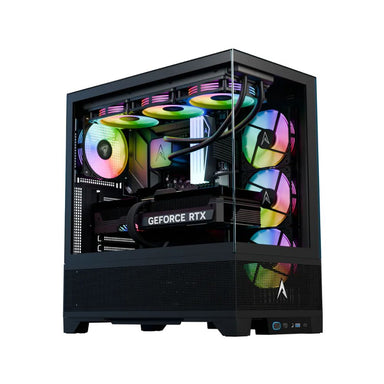
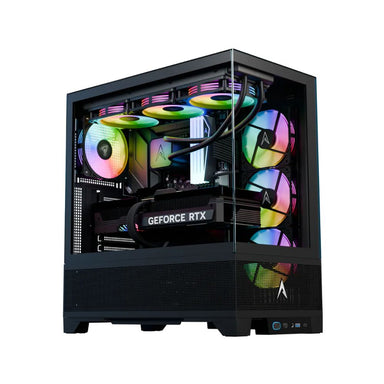 Save $759.00
Save $759.00
Load up, lock on and light 'em up with the Allied Gaming Patriot Intel PC Get ready to dominate the gaming and simulation worlds with the Allie...
View full details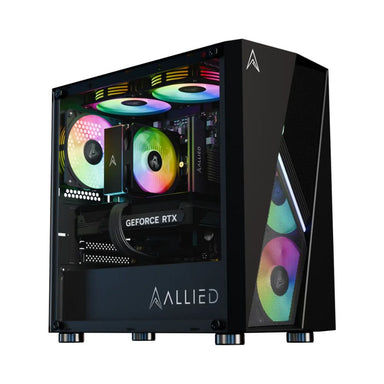
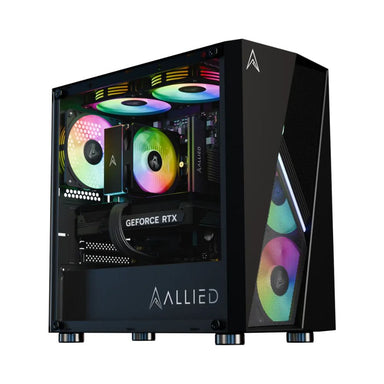 Save $400.00
Save $400.00
Load up, lock on and light 'em up with the Allied Gaming Stinger Intel PC Get ready to dominate the gaming and simulation worlds with the Allie...
View full details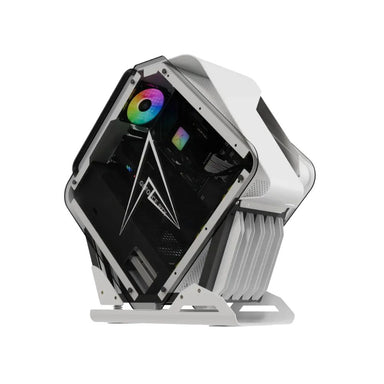
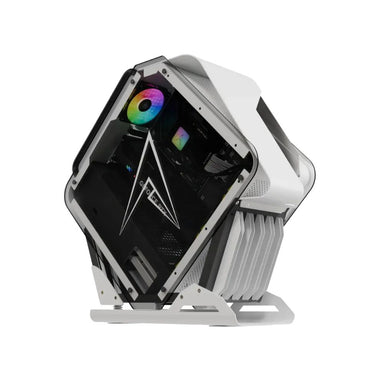 Save $999.00
Save $999.00
Load up, lock on and light 'em up with the Allied Gaming M.O.A.B Intel PC Get ready to dominate the gaming and simulation worlds with the Allie...
View full details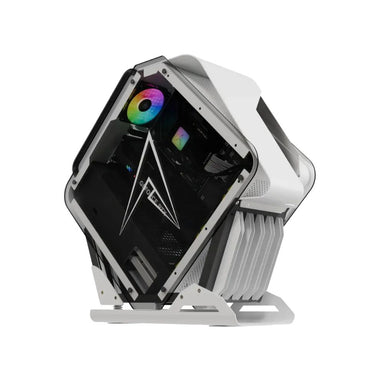
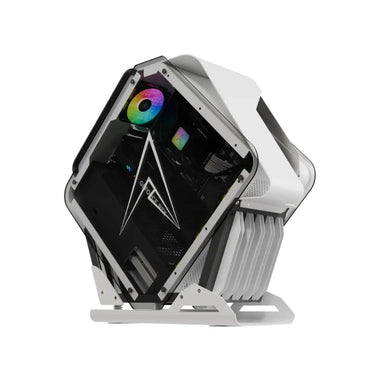 Save $839.00
Save $839.00
Load up, lock on and light 'em up with the Allied Gaming M.O.A.B AMD PC Get ready to dominate the gaming and simulation worlds with the Allied ...
View full details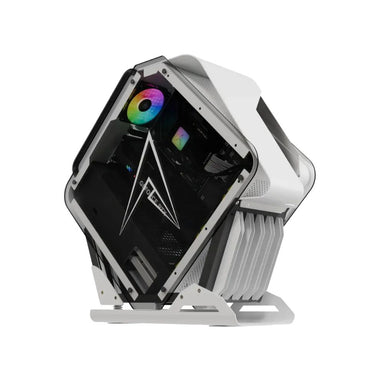
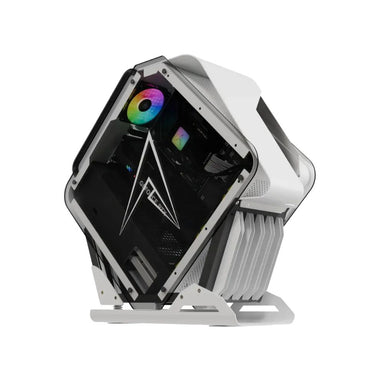 Save $550.00
Save $550.00
Load up, lock on and light 'em up with the Allied Gaming M.O.A.B AMD PC Get ready to dominate the gaming and simulation worlds with the Allied ...
View full details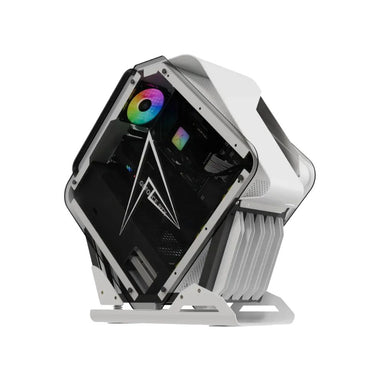
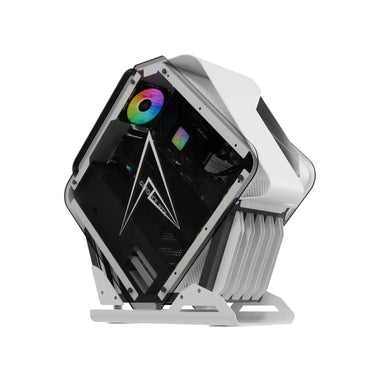 Save $439.00
Save $439.00
Load up, lock on and light 'em up with the Allied Gaming M.O.A.B AMD PC Get ready to dominate the gaming and simulation worlds with the Allied ...
View full details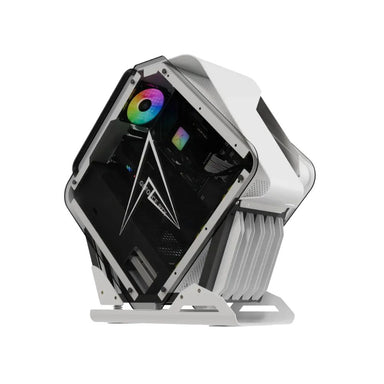
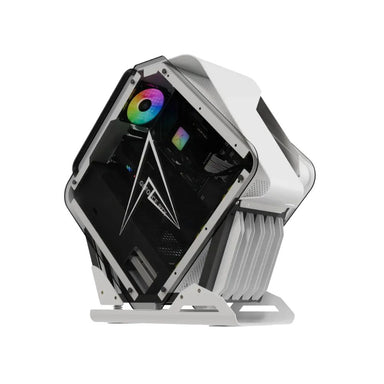 Save $589.00
Save $589.00
Load up, lock on and light 'em up with the Allied Gaming M.O.A.B Intel PC Get ready to dominate the gaming and simulation worlds with the Allie...
View full details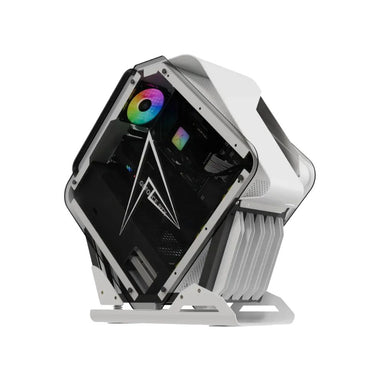
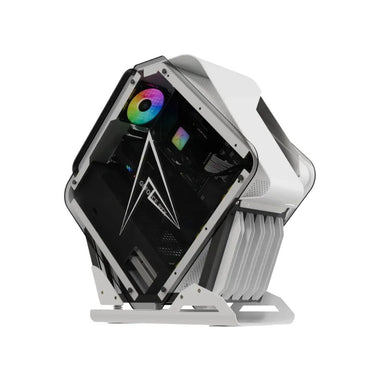 Save $439.00
Save $439.00
Load up, lock on and light 'em up with the Allied Gaming M.O.A.B Intel PC Get ready to dominate the gaming and simulation worlds with the Allie...
View full details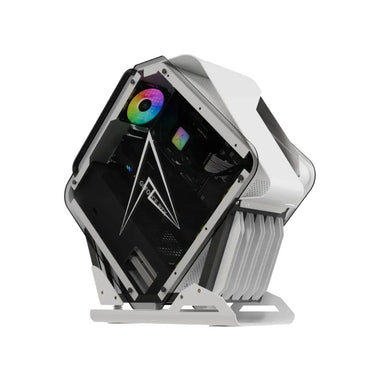
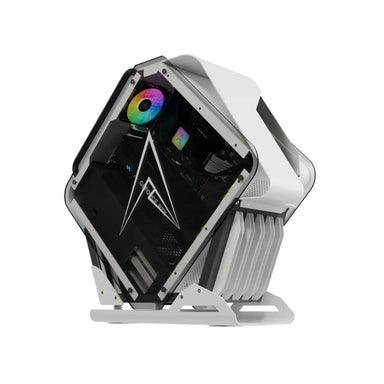 Save $859.00
Save $859.00
Load up, lock on and light 'em up with the Allied Gaming M.O.A.B Intel PC Get ready to dominate the gaming and simulation worlds with the Allie...
View full details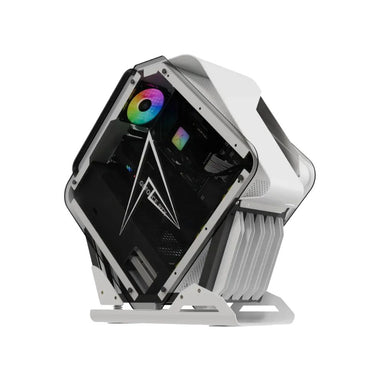
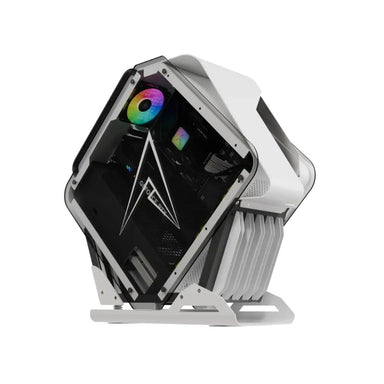 Save $200.00
Save $200.00
Load up, lock on and light 'em up with the Allied Gaming M.O.A.B AMD PC Get ready to dominate the gaming and simulation worlds with the Allied ...
View full details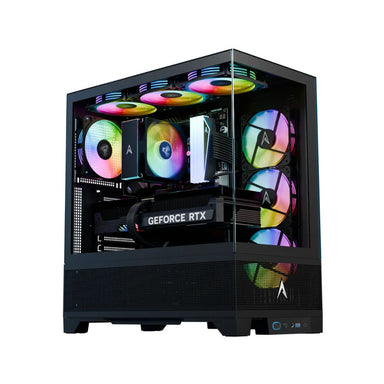
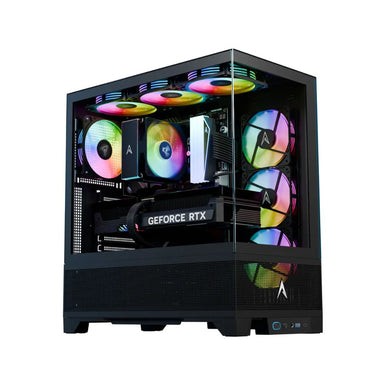 Save $259.00
Save $259.00
Load up, lock on and light 'em up with the Allied Gaming Patriot Intel PC Get ready to dominate the gaming and simulation worlds with the Allie...
View full details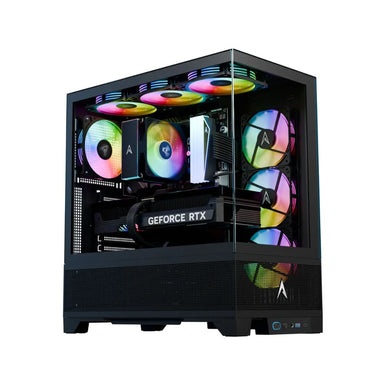
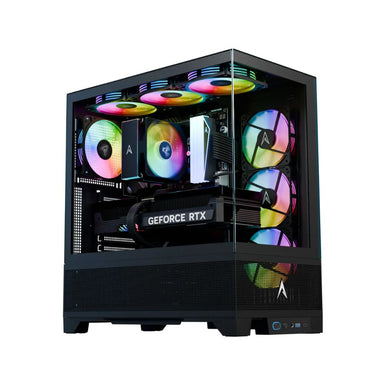 Sold out
Sold out
Load up, lock on and light 'em up with the Allied Gaming Patriot AMD PC Get ready to dominate the gaming and simulation worlds with the Allied ...
View full details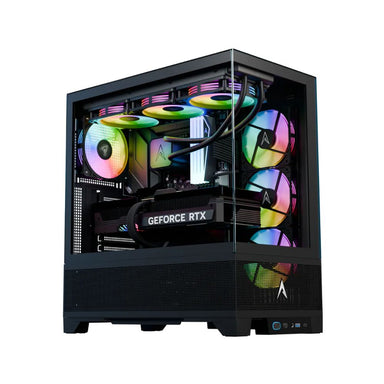
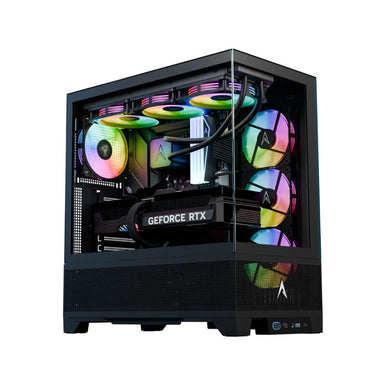 Save $700.00
Save $700.00
Load up, lock on and light 'em up with the Allied Gaming Patriot AMD PC Get ready to dominate the gaming and simulation worlds with the Allied ...
View full details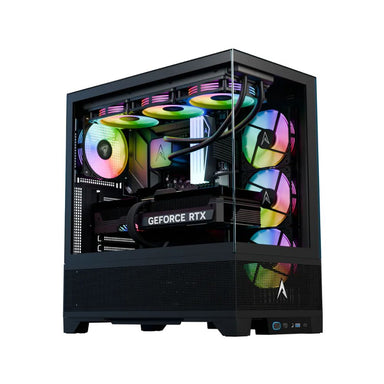
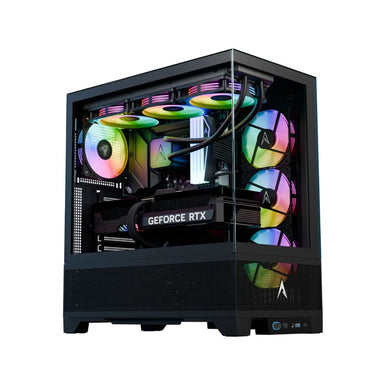 Save $459.00
Save $459.00
Load up, lock on and light 'em up with the Allied Gaming Patriot AMD PC Get ready to dominate the gaming and simulation worlds with the Allied ...
View full details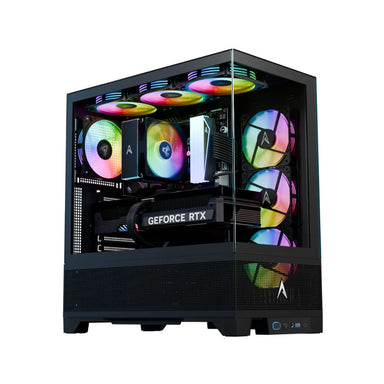
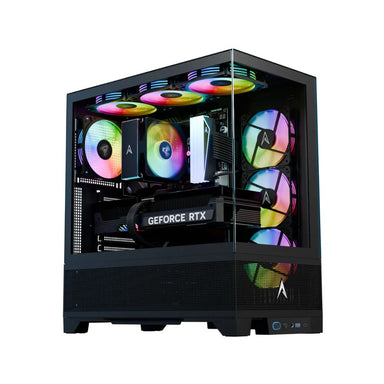 Save $450.00
Save $450.00
Load up, lock on and light 'em up with the Allied Gaming Patriot Intel PC Get ready to dominate the gaming and simulation worlds with the Allie...
View full details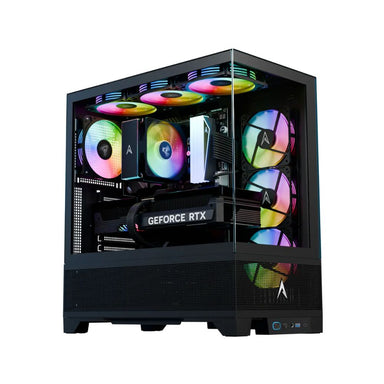
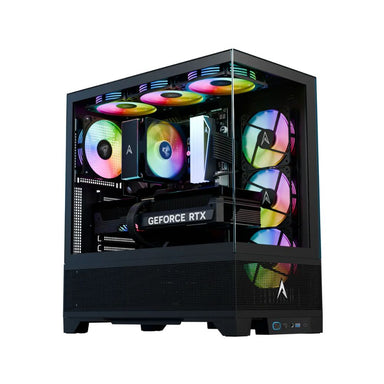 Save $500.00
Save $500.00
Load up, lock on and light 'em up with the Allied Gaming Patriot AMD PC Get ready to dominate the gaming and simulation worlds with the Allied ...
View full details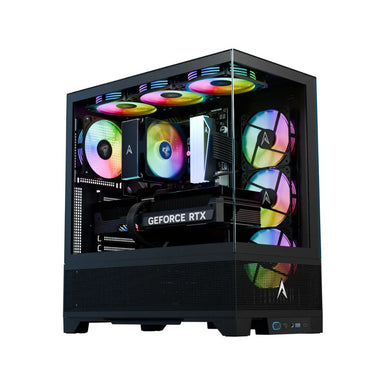
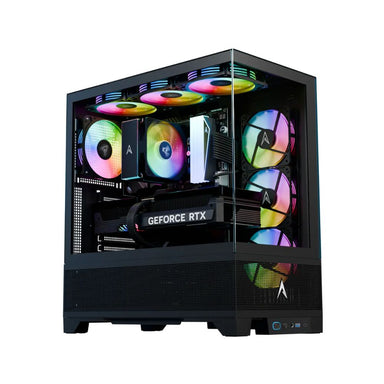 Save $3,649.00
Save $3,649.00
Load up, lock on and light 'em up with the Allied Gaming Patriot Intel PC Get ready to dominate the gaming and simulation worlds with the Allie...
View full details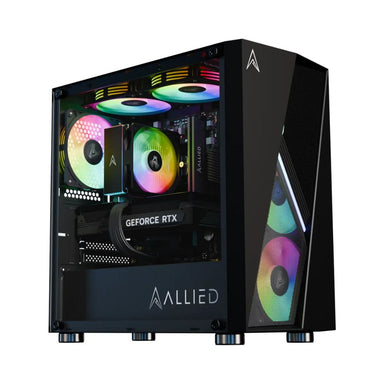
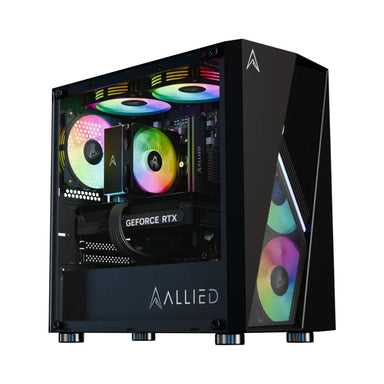 Save $100.00
Save $100.00
Load up, lock on and light 'em up with the Allied Gaming Stinger Intel PC Get ready to dominate the gaming and simulation worlds with the Allie...
View full details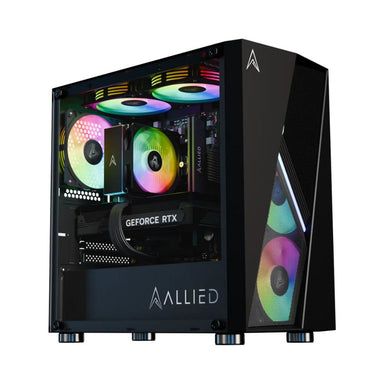
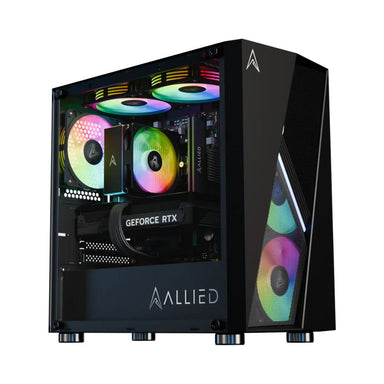 Save $399.00
Save $399.00
Load up, lock on and light 'em up with the Allied Gaming Stinger AMD PC Get ready to dominate the gaming and simulation worlds with the Allied ...
View full details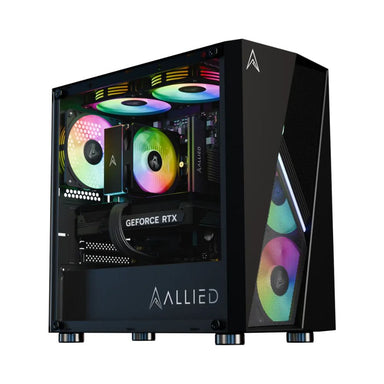
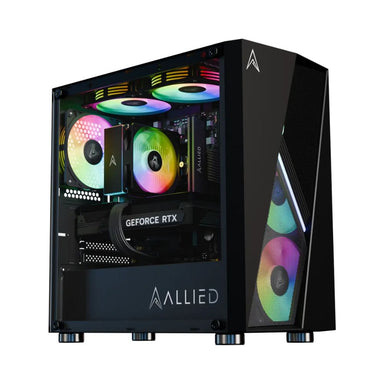 Sold out
Sold out
Load up, lock on and light 'em up with the Allied Gaming Stinger Intel PC Get ready to dominate the gaming and simulation worlds with the Allie...
View full details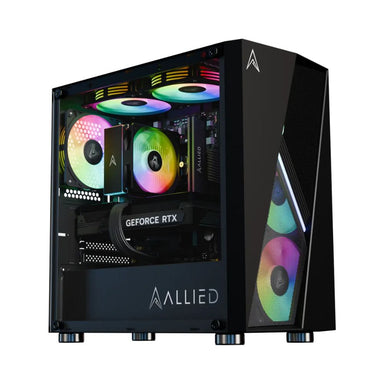
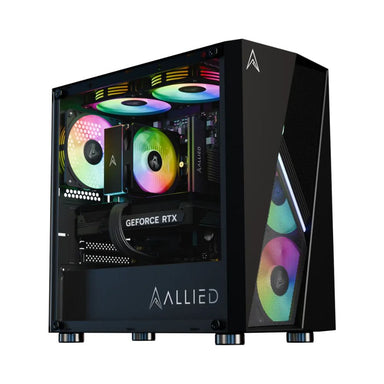 Save $364.00
Save $364.00
Load up, lock on and light 'em up with the Allied Gaming Stinger AMD PC Get ready to dominate the gaming and simulation worlds with the Allied ...
View full details
